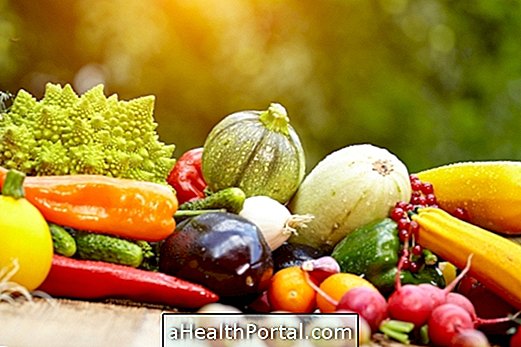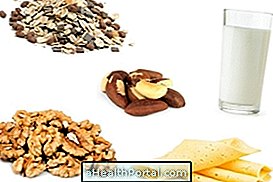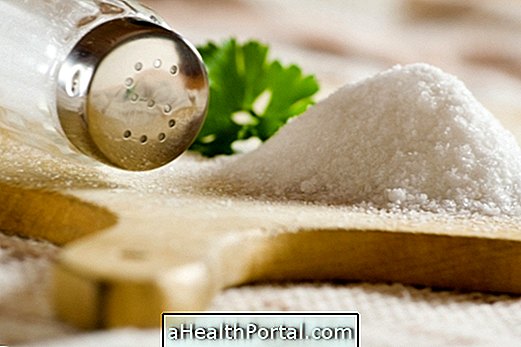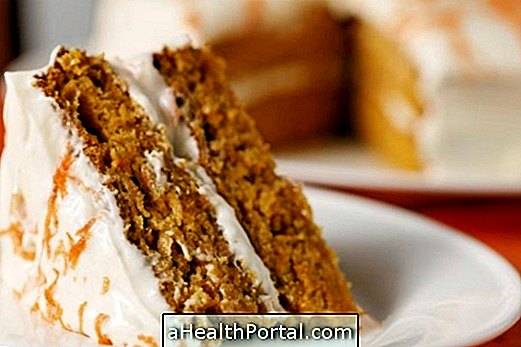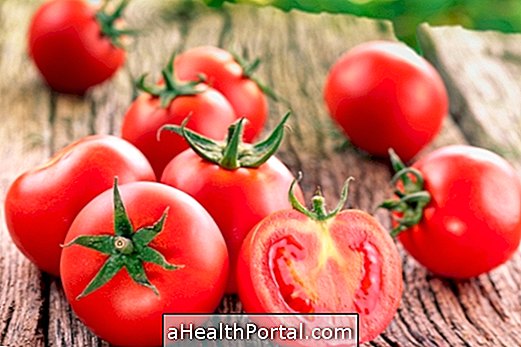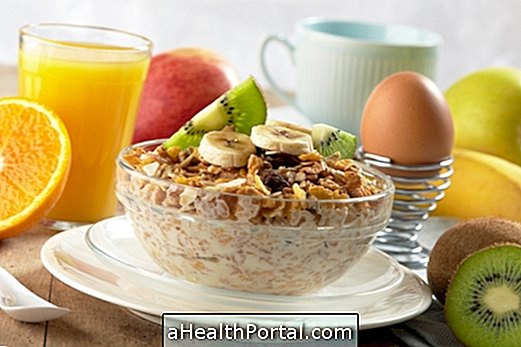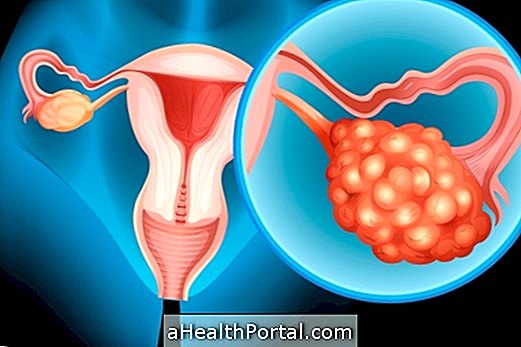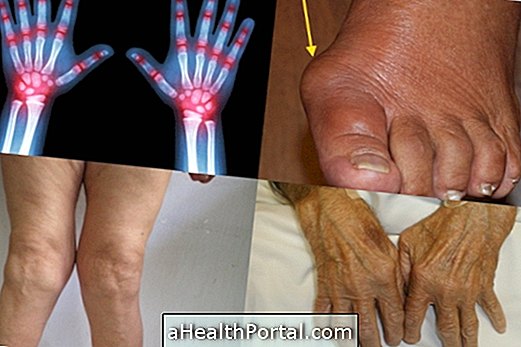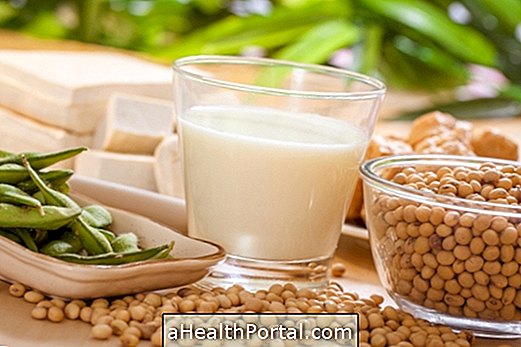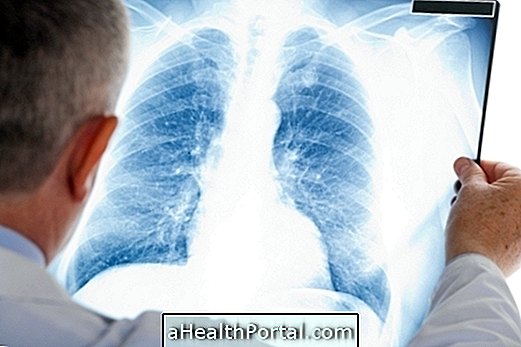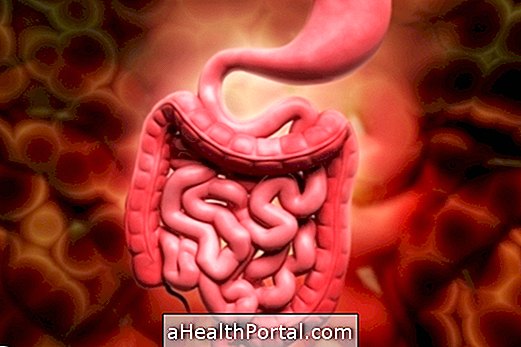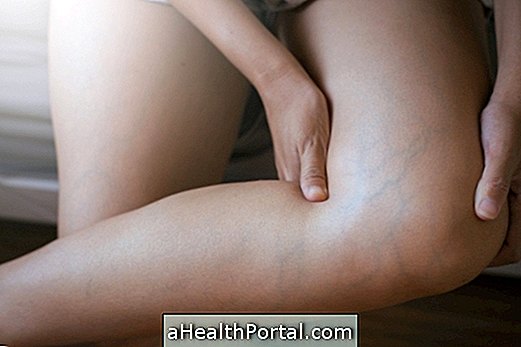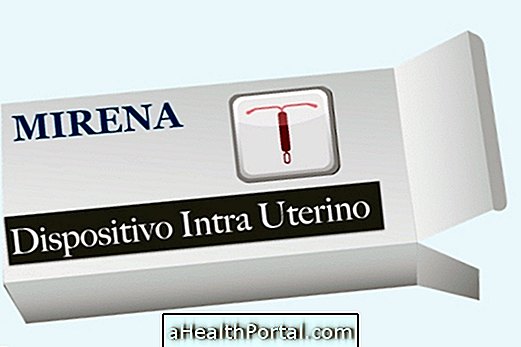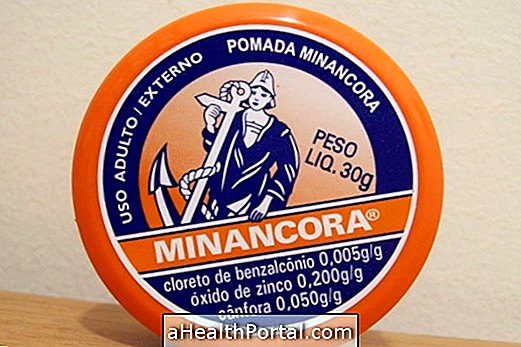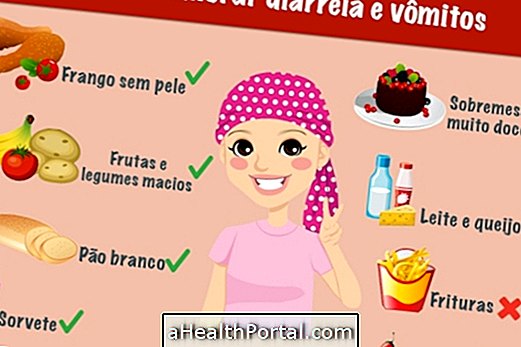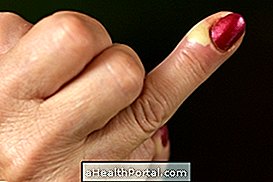The Mediterranean diet, also called the Mediterranean diet, is based on the consumption of fresh and natural foods such as olive oil, fruits, vegetables, cereals, milk and cheese, being necessary to avoid industrialized products like sausage, frozen food and cakes.
This diet is actually a type of diet that helps to change lifestyle, and does not always need to be low in calories to help you lose weight because it naturally improves metabolism and promotes weight control.
How to Make the Mediterranean Diet
To make the Mediterranean diet, you must change the diet as follows:

1. Avoid industrialized products
The food has to be mostly made up of natural products, mainly of vegetable origin, such as olive oil, brown rice, soy, eggs and milk. In addition, you should change the foods you buy ready, such as cookies and cakes, preferring homemade versions.
Removing the industrialized products will help decrease the production of toxins in the body, reduce inflammation and combat fluid retention, naturally helping to flush.
2. Consume Fish and Seafood
You should consume fish or seafood at least twice a week, as they are sources of good proteins and fats, such as omega-3, which acts as an anti-inflammatory, helping to relieve joint pain, improve blood circulation, and prevent heart disease. See all the benefits of omega-3.
3. Olive oil and good fats
Olive oil and vegetable oils like canola and linseed oil are rich in good fats to the heart, which help control cholesterol and prevent cardiovascular disease.
To get the benefits, add the olive oil in the ready preparation, consuming a maximum of 2 tablespoons per day. Olive oil should also be used for cooking, making saute and grilling for meats or fish. Sunflower oil is rarely used. See tips for choosing the best olive oil in the grocery store.
4. Whole foods
The Mediterranean diet is rich in whole foods like rice, flour, oats and whole noodles, which are rich in fiber, vitamins and minerals that improve the body's function, fight constipation and decrease the absorption of sugars and fats in the intestine.
In addition to the grains, the diet should also be rich in protein vegetables such as beans, soybeans, chickpeas, pumpkin seed and flaxseed which also help to strengthen muscles and improve metabolism.

5. Fruits and vegetables
Increasing consumption of fruits and vegetables is an important point of this diet because they will provide fiber, vitamins and minerals for metabolism, and bring the feeling of satiety, helping in weight loss. It is recommended to eat at least 3 different fruits per day, a good habit is after each meal eat 1 fruit, be it at breakfast, lunch, snacks and dinner.
See recipes for 7 Detox Juices to slim down and cleanse the body.
6. Milk and skimmed milk products
To improve diet and reduce fat consumption, you should prefer to use skim milk, plain yogurt and white cheeses such as ricotta and cottage, or choose light versions of the products. To sweeten a little the natural yogurt can add 1 teaspoon of honey or homemade jam.
7. Protein sources
Red meat should be lean cuts, where the fat is not observed, and is restricted to only 1 consumption per week, so there is room for meals with eggs, fish and grain mixtures that are also good sources of protein, such as rice + beans, rice + lentils or rice + peas.
8. Beverages
The drink most indicated to quench the thirst to accompany the meals is the water, being able to opt for the water flavored adding lemon, or slices of ginger. In addition, 1 glass of wine per day (180 ml) is allowed, especially after dinner.
Menu of the Mediterranean Diet
The following is the example of a 3-day menu of the Mediterranean diet:
| Day 1 | Day 2 | Day 3 | |
| Breakfast | 1 glass of skim milk + 1 whole wheat bread with ricotta + 1 slice of papaya | banana and apple vitamin made with skim milk + 2 tablespoons oats | Oatmeal, made with 200 ml of skim milk + 2 tablespoons oat flakes + 1 tablespoon of powdered cocoa powder |
| Morning snack | 3 whole-grain toast + butter + 2 nuts | 1 glass of green juice of cabbage, lemon and carrots + 3 biscuits type Maria or maizena | 1 natural yogurt + 1 teaspoon chia |
| Lunch | half a serving of grilled salmon + 2 boiled potatoes watered with olive oil and broccoli | 1 grilled chicken bite with tomato sauce + 4 tablespoons brown rice + 2 tablespoons of beans | Macaroni of tuna with pesto sauce, using whole noodles |
| Afternoon snack | 1 natural yogurt + 1 teaspoon flaxseed + 1 tapioca with light cheese + 1 banana | 1 natural yogurt + 1 brown bread with cottage cheese + 6 strawberries | 1 glass of beet juice, carrot, ginger, lemon and apple + 1 whole wheat bread with ricotta cheese |
| Dinner | 1 chicken thigh cooked with 2 tablespoons peas + curly lettuce, tomato and purple onion salad + 1 pear | 1 grilled turkey steak + cabbage salad, grated carrot and grated beets + 1 slice of pineapple | 1 omelet made with 2 eggs + braised cabbage salad with onion, garlic and eggplant + 1 orange |
This menu should preferably be made using fresh vegetables and vegetables, and it is important to remember to add 1 teaspoon of olive oil on the plate for lunch and dinner.
Benefits of the Mediterranean diet
The Mediterranean diet is not only a diet of weight loss, being a lifestyle, usually present in the countries around the Mediterranean sea. Its main health benefits are:
- Lower risk of developing cardiovascular diseases, cancer, diabetes and degenerative diseases:
- Protects the body from atherosclerosis and thrombosis;
- It is a more economical version;
- It has more nutrients than industrialized foods, providing more nutrients to the body;
- It helps to vary food more, being good for children's taste buds, making it easier for them to eat vegetables, vegetables and salads.
To really follow the lifestyle of the Mediterranean diet you should consume fresh, processed, seasonal and local foods of vegetable origin, preferring to buy in small markets and grocery stores, than in large supermarkets.
